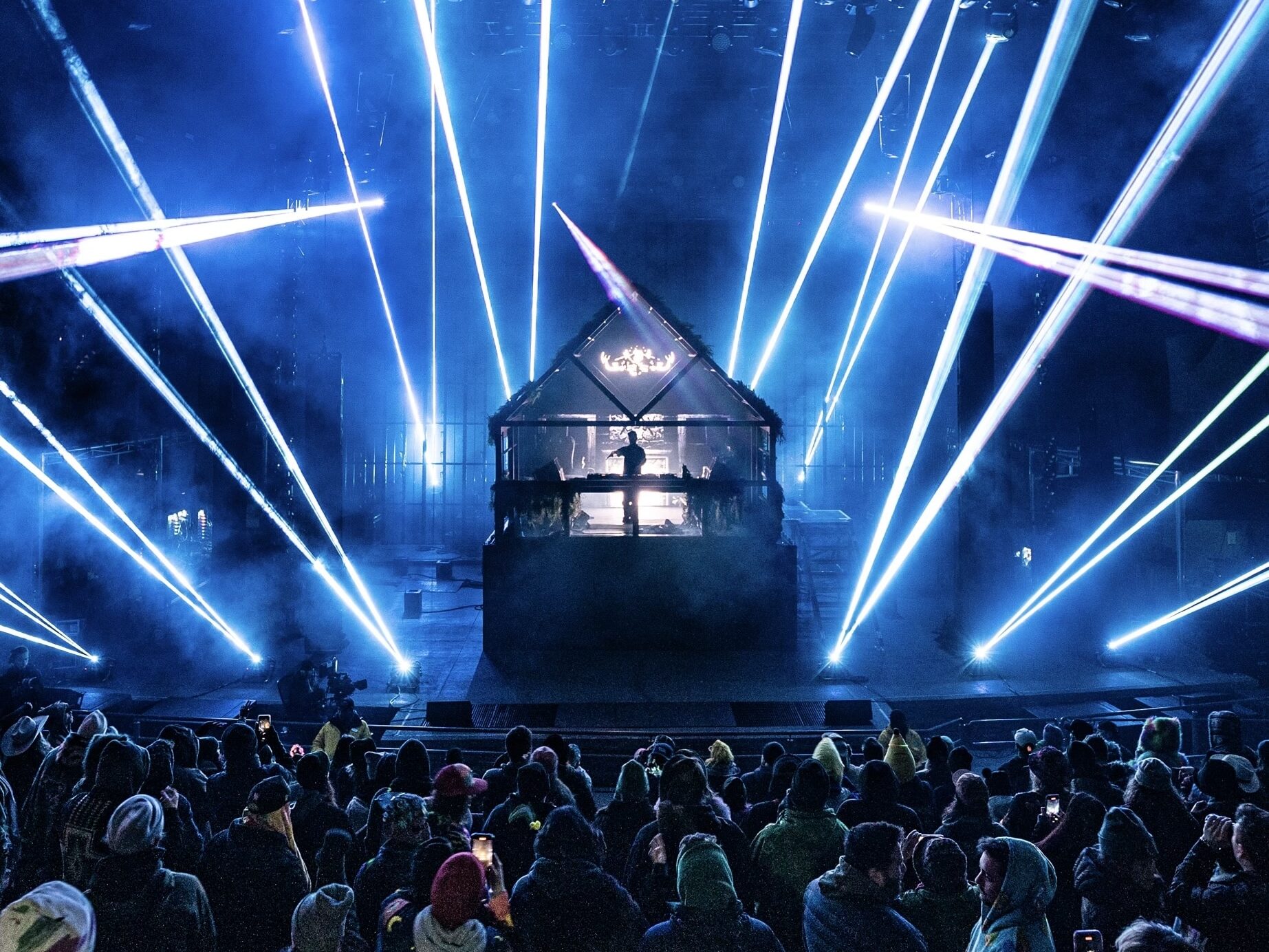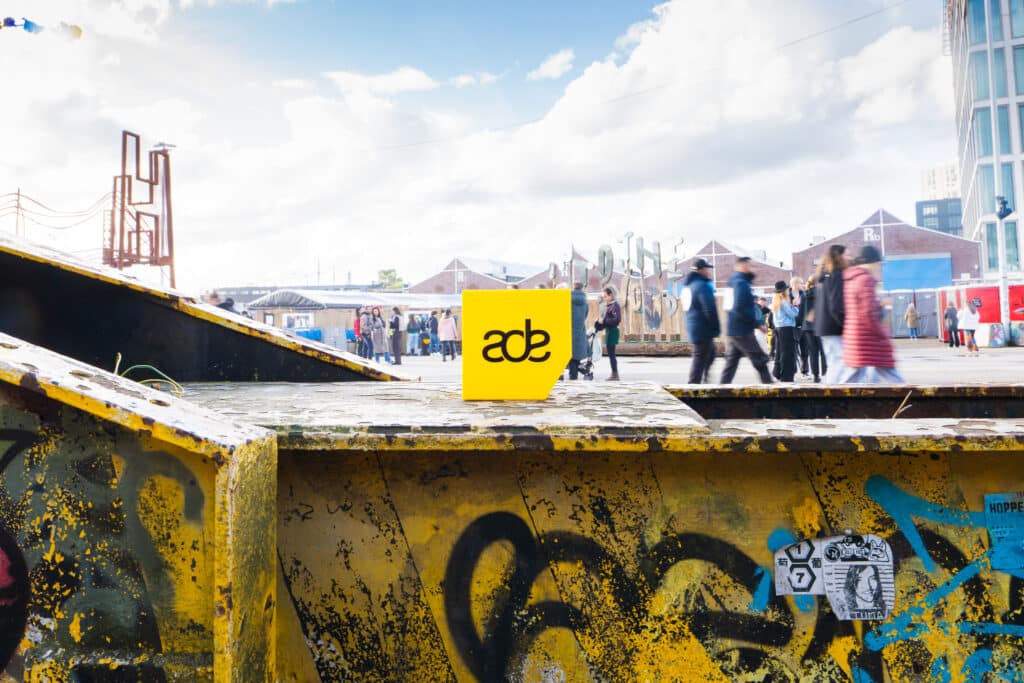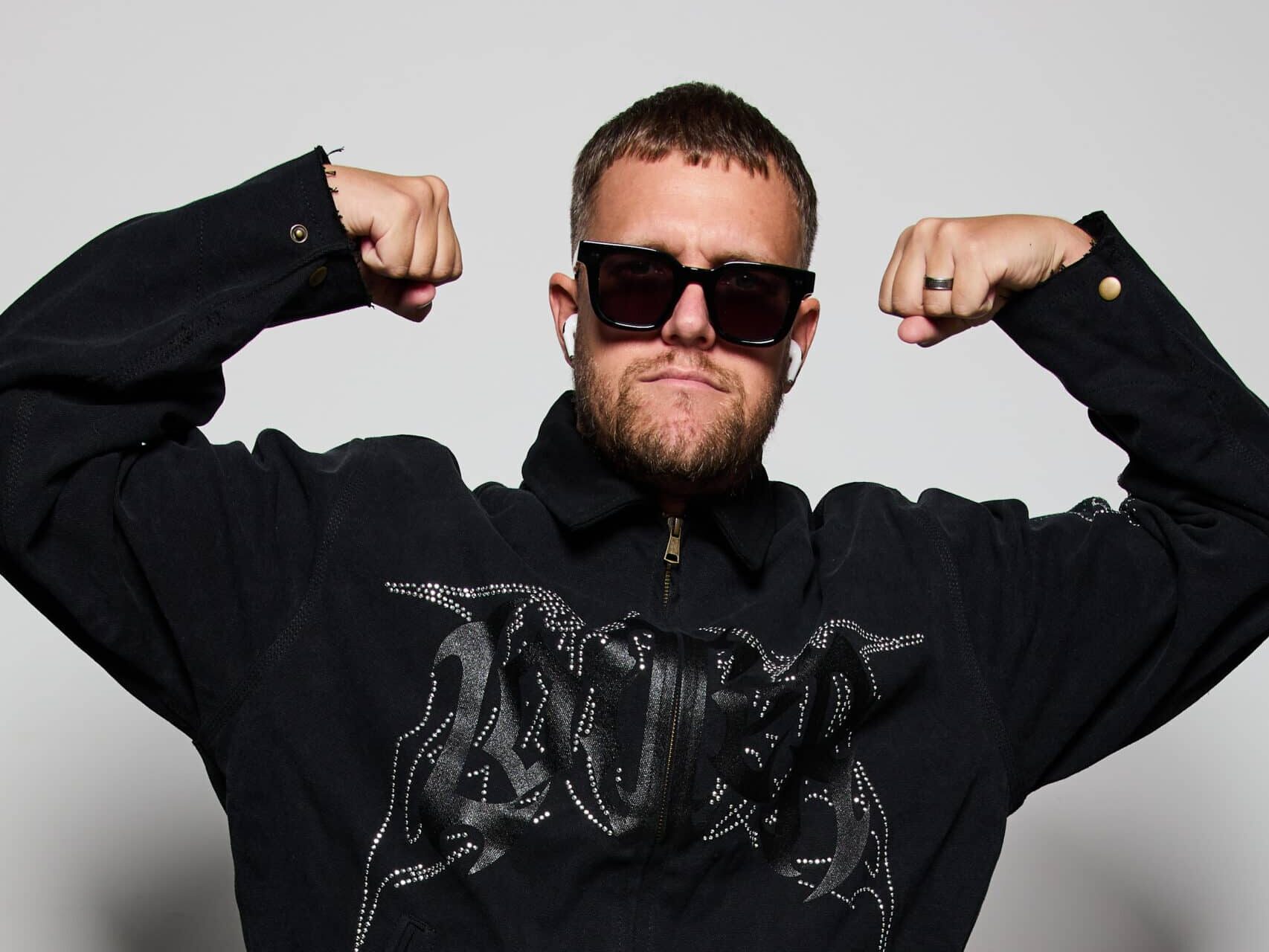Kate Pierson has always had a taste for dissonance.
One of the earliest pieces of music she fell in love with was Igor Stravinsky's "The Rite of Spring", a composition so eerie and acoustically jarring that when it was first performed at the Champs-Élysées in 1913, it sent hundreds of diamond-clad theatregoers into a frenzy.
"I guess it was like when Dylan went electric. Or seeing Jim Morrison drop his pants on stage," she says. "It's amazing that music is so visceral sometimes, that it can cause people to react in such a joyous or destructive way."
The B-52's themselves are no strangers to plunging crowds into hysteria. Their music has always felt synonymous with good times; the surf licks, lung-bursting harmonies and hypnotic keyboard melodies driving listeners to tear up the dancefloor like there's no tomorrow.
""Rock Lobster" makes people get a little crazy," she agrees, "especially in Europe, that particular song makes everyone form moshpits and start slamming around. A lot of the times when people dance, it's fascinating to watch from the stage."
Originally from New Jersey, Pierson's early excursions into music were as a long-haired, politically conscious teenager composing folk songs about stories she heard in the news. As soon as she was old enough, she left the suburbs to explore the world, including a stint in Newcastle where she worked as a barmaid – which was "a trip".
But it was while living in Athens, Georgia that she first met Fred Schneider, Keith Strickland, Ricky and Cindy Wilson. Together, they formed the band over a shared cocktail in 1976. "We used to get together and couldn't afford to buy food, that's how we began. We just got a Flaming Volcano and started jamming," she remembers. "We'd also go to this little coffee place in Athens where they had endless refills – they would bring a carafe, we would drink coffee and make plans for the future."
Although they were broke – ‘deadbeats’, in the words of their parents – together they were having the time of their lives. "There was a place we'd go called Ball Pump that was like an old plantation or something. We'd take mushrooms and skinny dip in a dirty cow pond. Because it's so hot in Athens in the summer, whenever it would rain we'd get a sheet or towel and go outside and dance, and it was such a great feeling when it rained and cooled off."
That sense of fun soaked through The B-52's every pore. Inspired by mod kitsch, Fellini films and thrift store finds, the band's appearance was as singular as their music. Vivid colours and ferociously teased bouffants became their staple look, while their songs were making waves at local house parties and further afield. Their first show in New York went down so well that they were soon zipping between the two cities, sleeping on floors or driving through the night still high on adrenaline.
After founding member Ricky Wilson died in 1985, the band's fate was put into question. With the label having given their album Bouncing Off the Satellites a lukewarm reception, the still grieving bandmates came together to work through the intensity of their loss.
The result was Cosmic Thing. "We made a statement when we were writing it, that we didn't care if it was played on the radio, fuck it, we were just doing it for ourselves," she reflects.
"After Ricky died, we'd felt like we just couldn't continue. But it proved that music can be so healing, because realising how much we meant to each other and how incredible it felt to write songs together really was magic”, she tells me. “It felt good, because we didn't do it to try and make a comeback. I think music comes from the heart, when you do it that way." As it turned out, the record contained "Love Shack" which was to be the band's biggest hit.

Seven albums down the line, the party's still going strong for The B-52's. Even when they tried to quit, they couldn't. A grand finale show was planned for Athens in January 2023 but putting The B-52's to bed proved impossible.
"The idea that the farewell tour would be the last show did not feel good. That would be devastating," she says. "So we're just going to keep going!"
She doesn't mean it lightly. The band's diary is packed out with upcoming shows in Oakland, Atlantic City, Chicago and DC, as well as a residency in Las Vegas. "Nobody loves staying in Las Vegas for extended periods of time, but you find your niche, you go to a canyon, a gym, find your groove. I'm the only one in the band who ever liked touring, because it wears on your body – trying to lie down in a van soon gets old."
Back in the early days, was Pierson the person keeping up her bandmate's spirits when the exhaustion of the road threatened to take its toll? "Oh yeah, Ricky Wilson used to say, 'Gosh, you always see the glass as half full, even when it's empty!'"
That optimism is very much in keeping with her latest solo album, Radios and Rainbows. It's an exuberant set of genre-hopping, feelgood pop songs, from the spectral glamour of "Evil Love" to the roof-raising disco of "Take Me Back to the Party".
The album took shape with a staunchly collaborative ethos, Pierson having encouraged each featured musician to also produce their own track. There are also hints of her lifelong activism sprinkled through the work, with slogans borrowed from Patti Smith and Edwin Starr. "I think the record radiates a lot of hope," she says. "I've tried to make it joyful."
Her Nine Songs have a similar soothing effect. It's a soundtrack for soul-crushing days, when you're depleted from reading about climate emergencies, war and kleptomaniac billionaires – when you just need to believe something better is possible.
Taking in '60s folk visionaries, rap innovators and veteran artists still at the top of their game, the musicians Pierson has chosen are connected by their desire to take a stand, to voice their beliefs and rally the people around them to join.
It's a timely reminder that collective action can still be a catalyst for change – just as long as you're prepared to raise your voice.

 1 month ago
16
1 month ago
16


















 English (US) ·
English (US) ·